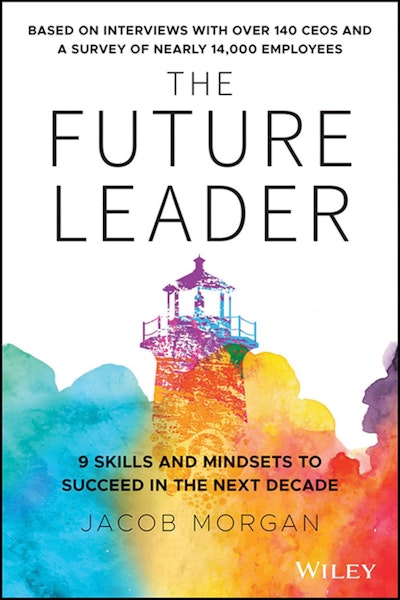Disruptive technologies are buffeting many industries, creating turmoil in markets once considered immune to change. But less obviously, upheaval is also shaking up leadership paradigms.
The upshot: Managers need to sit up and take notice that major changes are looming. Those who...







